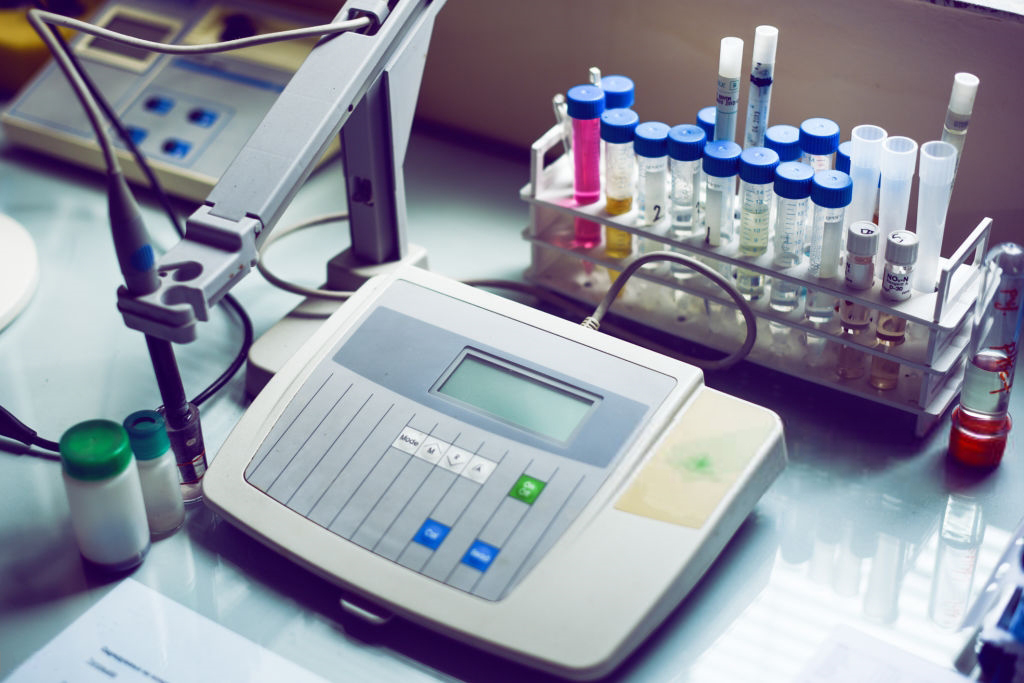Lab owners have to constantly watch out for cost reduction, considering rising overheads and other surprising expenses. Lab equipment takes the biggest chunk of those expenses pie. Pre-owned equipment often come as a saving grace for the lab owners as they don’t have to break their bank – businesses can save up to 70% of their budgets and a considerable amount of time.
 So what’re the things they need to look out for when it comes to buying used equipment? Let’s find out.
So what’re the things they need to look out for when it comes to buying used equipment? Let’s find out.
Know the equipment you’re going to buy: Knowing the complete history of the pre-owned instrument you’re going to buy should be your first action point. You need to get details on maintenance logs, repairs, etc. beforehand. You should also check what was it used for previously. If it had been used for testing samples whose residues could mess up with your samples, then you want to make sure that proper decontamination protocol is in place.
You must also need to do a comprehensive evaluation of the features, specifications, applications, and maintenance records of the equipment. Compare and contrast different models or brands and go with the one that can meet your lab application as well as lab space requirements.
Life of the equipment: Knowing the life expectancy before buying is always better as you don’t want to get stuck with a piece that runs out in the middle of the testing process.
Parts availability: You also need to check the availability of parts and repair work. Find out if the manufacturer can offer both or you need to call in the services of a third party. If the latter is the case, then negotiate wisely on the price. Most of the buyers provide limited warranties on used products. However, you can also purchase extended warranties and maintenance agreements directly through the OEM.
Quality of equipment: Although quality can be quite subjective, it is always better to opt for equipment from a working lab rather than acquiring the ones which are just sitting unused or lying in storage. It’s always advisable to run the instrument at the seller’s facility before making a purchase. But geographical or time considerations could often make it a unviable proposition. In that case, ask for pictures or videos of the equipment from the seller before shipment. If you’ve any specific testing requirement, ensure that you communicate it to the seller and ask for test records.
Choose a trusted supplier: Go to a supplier who is ISO 9001:2008 certified. Always check out the supplier or distributor’s history so you don’t get ripped off. Buying online can be tempting but sometimes genuine-looking online resellers may just be listing thousands of equipment pieces that they do not really own. This could be disastrous for your business.
Ask the experts: If you’re not very confident in figuring out what type of equipment you need as per your lab requirements, then enlist the help of experts.

